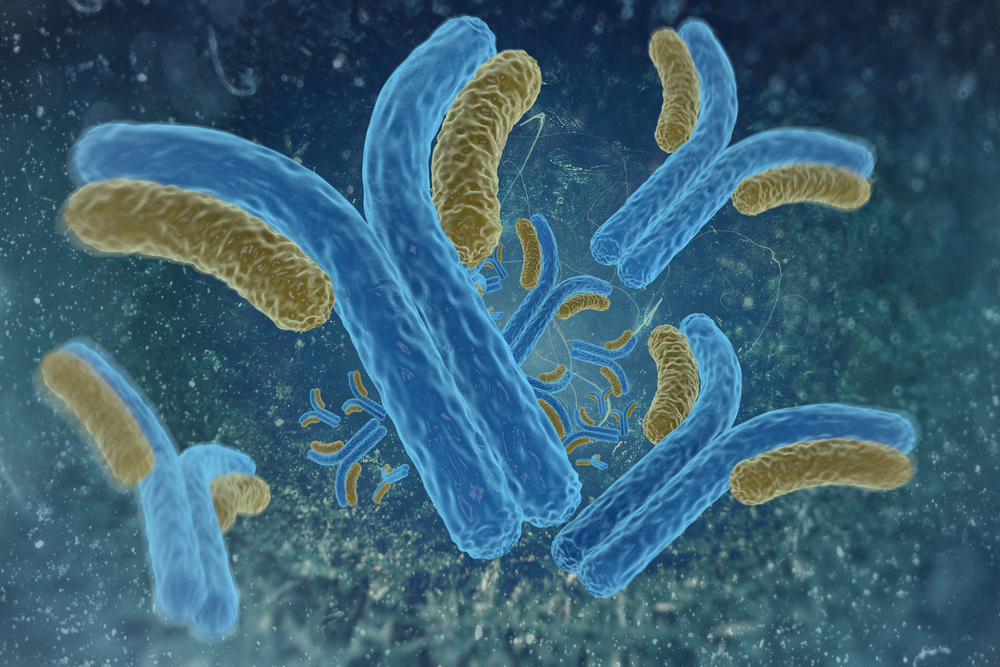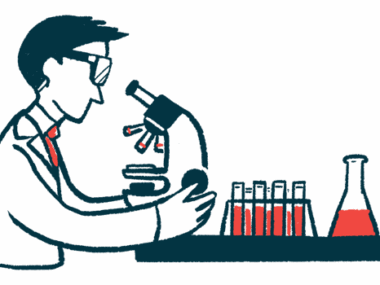MedImmune’s Antibody Therapy Seen to Effectively Reduce Cancer Stem Cells in Most Newly Diagnosed Multiple Myeloma Patients
Written by |

A research team led by William Matsui, MD, and Carol Ann Huff, MD, with the Johns Hopkins Kimmel Cancer Center, has found that MedImmune’s novel MEDI-551 antibody treatment effectively decreased the number of cancer stem cells, which drive the growth of cancer, in most patients with recently diagnosed multiple myeloma. Study results will be presented on April 19 at the 2016 American Association for Cancer Research (AACR) Annual Meeting in New Orleans.
MEDI-551 is a humanized monoclonal antibody that targets Cluster of Differentiation 19 (CD19), a protein found on the surface of white blood cells that has been used as a marker for B-cell cancers, such as myeloma, and implicated in the growth of these malignancies. “We chose to carry out this clinical trial in newly diagnosed patients because our original data showed that CD19 was almost always expressed by myeloma stem cells in these patients, whereas we don’t know if that is the case in more advanced patients,” Dr. Matsui said in a press release. Together with Dr. Huff, he and the Johns Hopkins team were among the first to identify and isolate cancer stem cells in multiple myeloma, and identify their critical role in relapses.
The seven-month study tested MEDI-551 in combination with a monthly regime of the chemotherapy drugs lenalidomide and dexamethasone, which are often prescribed to treat myeloma, in 15 newly diagnosed patients. During the study, which ended in March 2016, scientists collected bone marrow and blood samples at several points and counted cancer stem cells, evaluating in this way the drugs’ impact.
After two cycles of lenalidomide and dexamethasone alone, the bone marrow-derived cancer stem cells were seen to increase by an average of 2.5-fold. But after addition of MEDI-551 in the third and fourth months, cell counts showed that the number of cancer stem cells had decreased by half, on average, in 14 treated patients. In comparison, five multiple myeloma patients who received only the chemotherapy drugs had a 9.3-fold cancer cell count increase after some four months of treatment. Although no serious adverse events were reported in patients treated with the antibody therapy, two experienced an increase in multiple myeloma cancer stem cells after three doses of MEDI-551, resulting in cancer spread and growth.
Researchers also tested two assays to measure cancers stem cells, in bone marrow tissue samples and blood samples, and found that the assays were nearly identical. As collection of blood is much easier, researchers have chosen this method to perform such counts in the future. Further studies are planned into how the antibody might work in combination in other treatments, and what are the long-term effects of MEDI-551 therapy.



